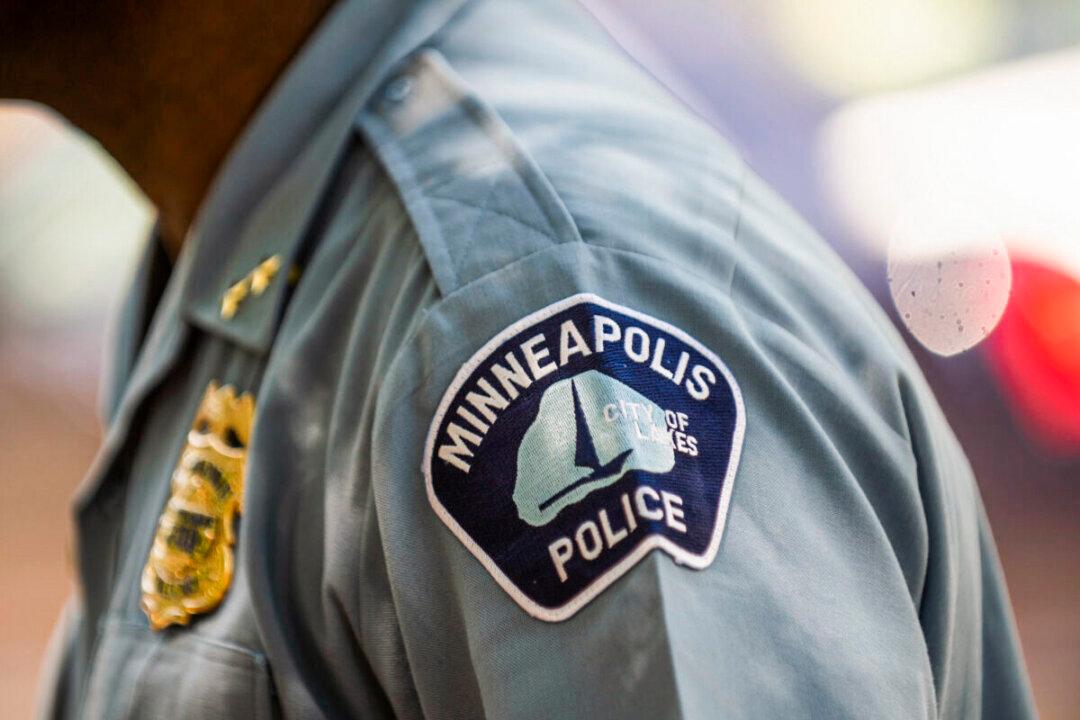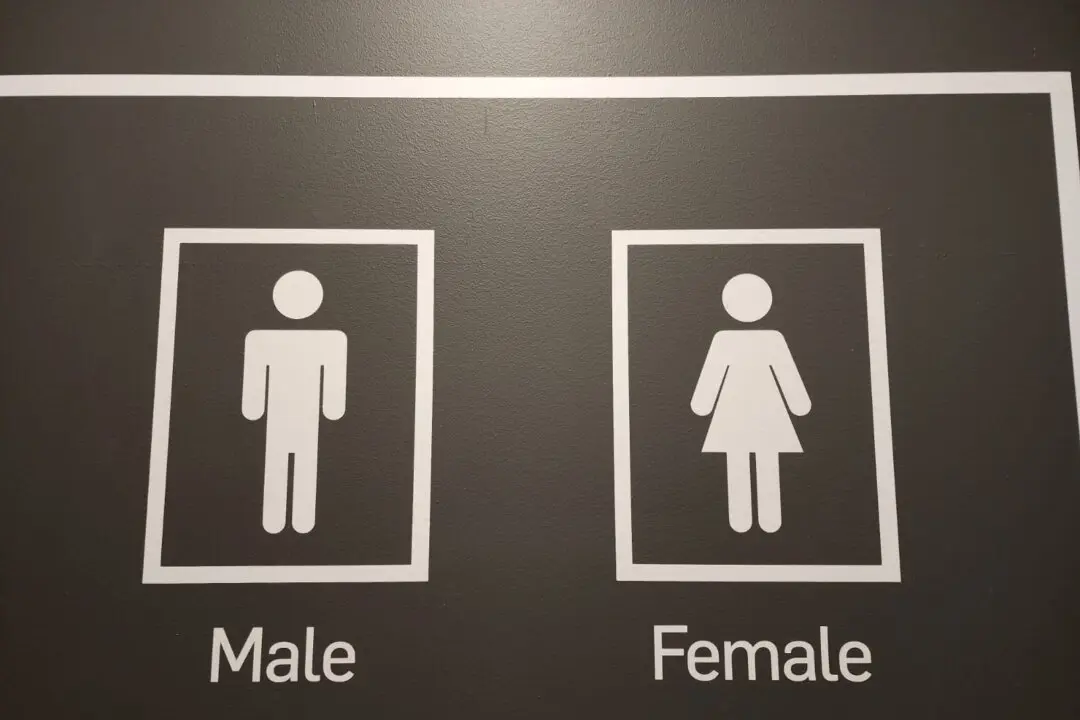Minneapolis Mayor Jacob Frey has announced a moratorium on no-knock warrants, which allow police officers to enter premises without having to announce their presence, after a SWAT raid ended up killing 22-year-old Amir Locke.
“No matter what information comes to light, it won’t change the fact that Amir Locke’s life was cut short,” said Frey in an official statement. “To ensure safety of both the public and officers until a new policy is crafted, I’m issuing a moratorium on both the request and execution of such warrants in Minneapolis.”





